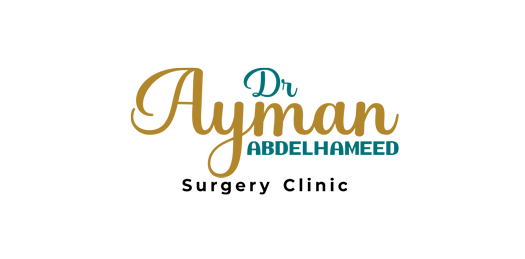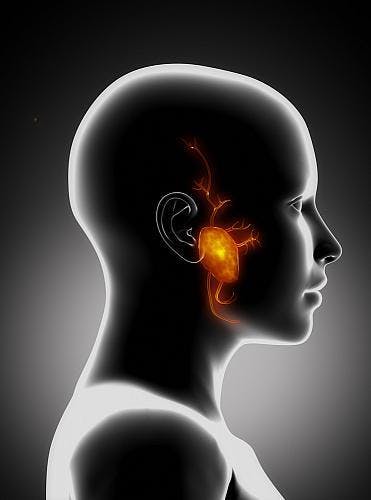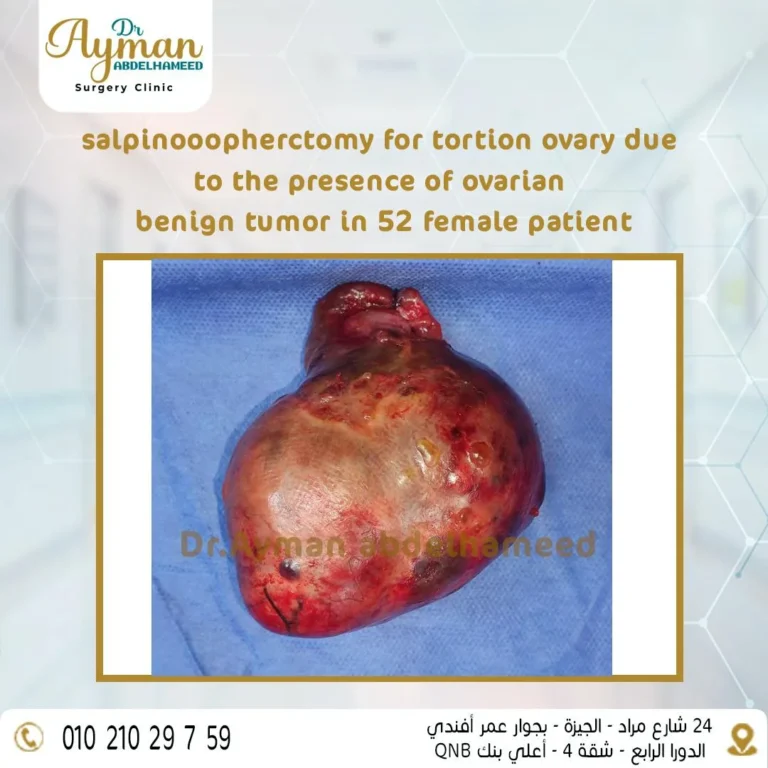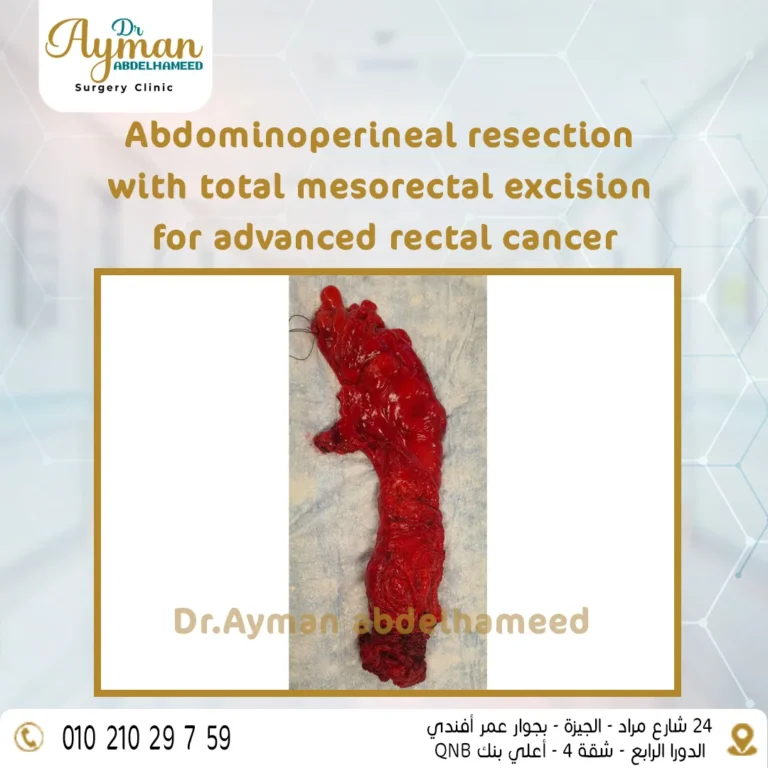Gastric cancer incidence rate have increased in the era of fast food, especially in developed countries.. Gastric tumors are divided into benign and malignant.
Thank you for reading this post, don't forget to subscribe!Manifestationsof gastric cancer include :
- Difficulty swallowing.
- Stomach pain and burning.
- Poor digestion, a feeling of fullness and gas after eating.
- Vomiting and nausea.
- Unintentional descent into weight .
Cells in the stomach wall grow uncontrollably, due to DNA mutations. These cells may accumulate and form a tumor. Over time, cancer cells can grow to extend into nearby normal tissues.
Gastric cancer risk factor:
- GERD.
- Sedentary life and obesity.
- Eating unhealthy salty and smoked foods
- Lack of fruits and vegetables in meal
- Smoking.
- Family history of patients.
- Helicobacter pylori infection.
- Presence of benign polyp
- Long-term stomach infections
To reduce the risk of gastric cancer , do the following :
- Change your lifestyle by exercising regularly.
- Change your diet to a healthy one. Contains fruits, vegetables, and whole grains and reduce the amount of smoked and salty food
- Maintaining a healthy weight.
- Quit smoking and alcohol.
- Periodic follow-up gastroscopy if there are several factors, such as the presence of a family history of patients
To confirm a diagnosis of stomach cancer:
- Upper GI endoscopy with or without the use of ultrasound.
- CT
- MRI
- PET CT
after which the treatment line is started. The treatment of cancer depends on a combination of treatments.
Stomach cancer is treated by undergoing surgery to remove all or part of the stomach, either before or after complementary drug therapy. Determining which surgery is best for you depends on the nature of your condition, such as the location of the cancer ، its distance from the esophagus, the type of cancer, and the patient’s general health.
Recent scientific studies have proven the important role of chemo therapy in treating stomach cancer. The treatment is used before an operation to reduce the size of a large cancer so that it is easier to remove it with surgery and to improve the rate of cure. It is possible to use them after surgery, depending on the stage of the tumor.
The role of surgery in treating stomach tumors is an essential role, as the most important goal is to remove the tumor, and there are types of surgeries for stomach tumors, including:
- Endoscopic mucosal resection in cases of small superficial tumours.
- Partial gastrectomy.
- Total gastrectomy.
Partial or total resection of the stomach is done either by laparoscopic or traditional open surgery with the same surgical rules, according to Japanese and American guidelines, which emphasize the importance of removing the lymph nodes adjacent to the stomach .
Laparoscopic gastrectomy is performed through small holes in the abdominal wall. It has several advantages, including: The amount of blood loss during surgery is less and there is less pain , compared to conventional surgery .
In addition, the chances of surgical complications are less and there is less need for analgesics after surgery , which helps patients return to their normal lives faster compared to other surgeries .
The patient does not need a long stay in the hospital, so he can be discharged from the hospital a few days after the surgery. With nice small scars.
The role of periodic follow-up comes with clinical examination and imaging every 3 to 6 months for the first two years and then every 6 to 12 months after that, based on international scientific guidelines to complement the treatment plan.




